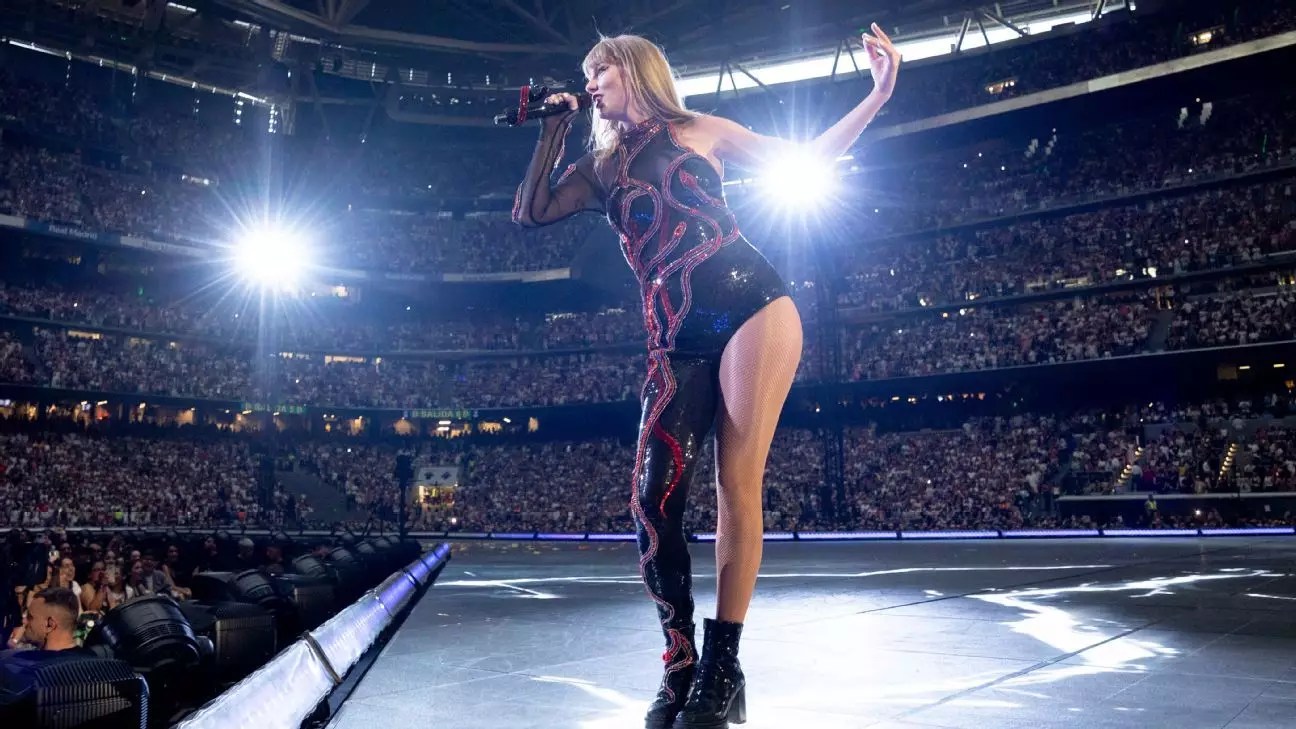Real Madrid, one of the most prestigious football clubs in the world, has faced a significant backlash concerning the noise generated by concerts held at their iconic Santiago Bernabéu stadium. Following complaints from local residents regarding disturbances, the club has decided to provisionally reschedule all upcoming concerts. This situation underscores the challenges of balancing sports entertainment with community peace, raising questions about the impact of redevelopment on urban life.
The Santiago Bernabéu stadium underwent considerable redevelopment to transform it into a year-round entertainment venue. This upgrade aimed to allow hosting not just football matches, but also high-profile concerts featuring international stars like Taylor Swift and Karol G. While such an initiative promised economic benefits, including increased tourism and local revenue, it has introduced unexpected conflicts with nearby residents who now grapple with noise pollution.
Neighbors’ grievances center around excessive noise levels during concerts, which have disrupted the tranquility of the surrounding area. The complaints highlight a tension that often arises when large venues operate in residential neighborhoods. Although soundproofing efforts have been implemented, compliance with municipal noise regulations remains a challenge. Residents are left questioning whether the enjoyment of a few can justify the disturbance caused to many.
In response to the local discontent, Real Madrid’s management has announced a series of measures to adhere strictly to noise regulations during concerts. The club publicly declared its commitment to ensuring that future events are executed with sound management as a priority. This decision, however, raises questions about the feasibility of entertainment-driven strategies within a densely populated urban environment. The club’s message indicates a willingness to adapt but emphasizes the complexity of executing large-scale events without infringing on residents’ rights.
As a result of the noise concerns, several anticipated performances by Spanish artists such as Dellafuente, Aitana, and Lola Indigo have been rescheduled, highlighting the ripple effect of this dilemma. While non-musical events will still proceed, the future of concert-hosting at the Bernabéu remains in limbo, as the club seeks to navigate a path that satisfies both concert-goers and residents. The situation emphasizes the necessity for dialogue between event organizers and local communities, which is crucial in addressing shared expectations and responsibilities.
The case of Real Madrid and the Santiago Bernabéu stadium serves as a reminder of the delicate balance between urban development, entertainment, and community life. As the club works to comply with regulations and adjust its concert schedule, it must also consider the larger implications of its decisions on local residents. Finding a compromise that allows the club to thrive while respecting the peace and quiet of the neighborhood will be essential for fostering a collaborative relationship moving forward. In an era where urban entertainment continues to rise, effective communication and mutual respect will be the keys to success.


Leave a Reply